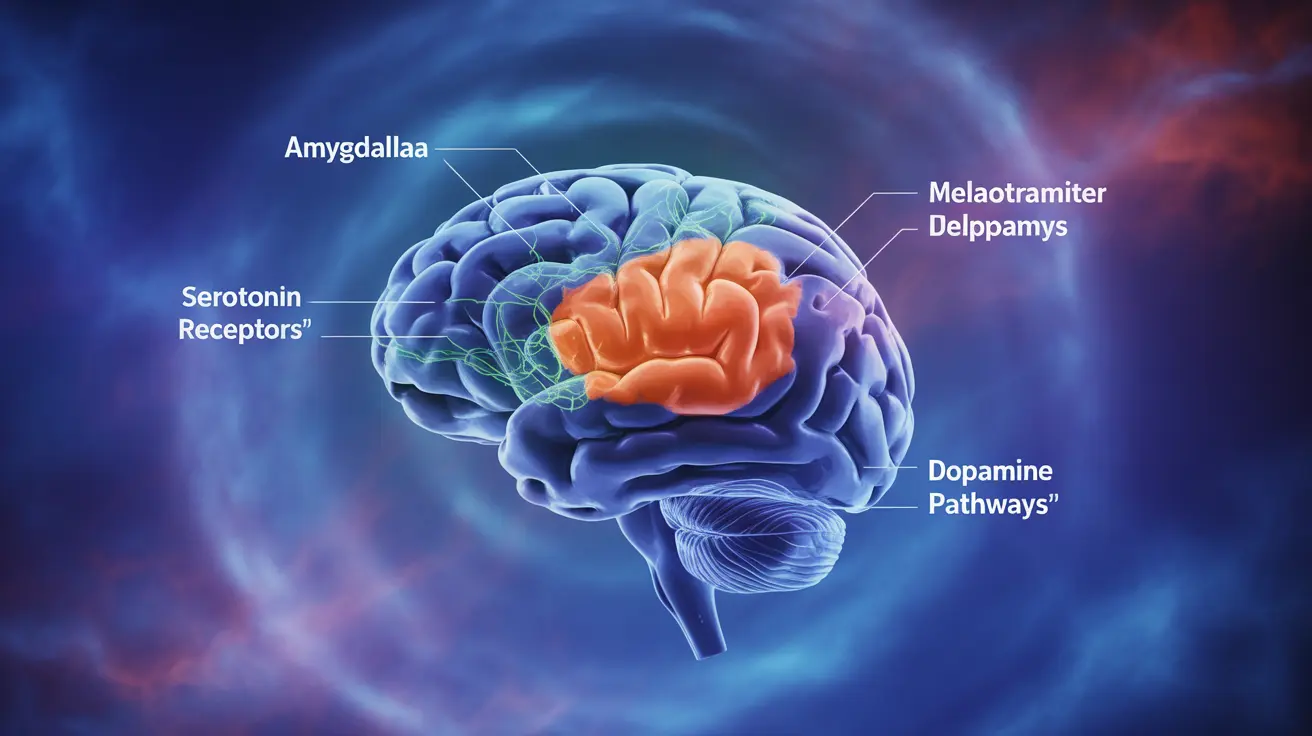Melancholic depression represents one of the most severe and distinct subtypes of major depressive disorder (MDD). This complex condition is characterized by profound changes in mood, behavior, and physical functioning that significantly impact a person's quality of life. Understanding its unique features and available treatments is crucial for both healthcare providers and those affected by this condition.
While all forms of depression can be debilitating, melancholic depression stands apart due to its specific symptom profile and biological basis. This article explores the key aspects of melancholic depression, from its distinctive symptoms to effective treatment approaches.
Distinguishing Features of Melancholic Depression
Melancholic depression exhibits several characteristic symptoms that set it apart from other forms of depression. These typically include:
- Severe anhedonia (inability to feel pleasure)
- Marked psychomotor changes (either agitation or retardation)
- Early morning awakening
- Significant weight loss or decreased appetite
- Excessive or inappropriate guilt
- Worse mood in the morning
- Lack of reactive mood (unable to feel better even temporarily)
The severity and persistence of these symptoms make melancholic depression particularly challenging for those affected, often requiring prompt professional intervention.
Biological Basis and Risk Factors
Research suggests that melancholic depression has a strong biological foundation, with several key factors contributing to its development:
- Genetic predisposition
- Dysregulation of the hypothalamic-pituitary-adrenal (HPA) axis
- Alterations in neurotransmitter systems
- Changes in circadian rhythm functioning
Understanding these biological underpinnings helps explain why certain treatments may be more effective than others for managing this condition.
Diagnosis and Assessment
Healthcare professionals diagnose melancholic depression through careful clinical evaluation, including:
- Comprehensive psychiatric assessment
- Detailed medical history
- Physical examination
- Evaluation of specific symptom criteria
- Ruling out other medical conditions
The diagnosis must meet specific criteria outlined in diagnostic manuals, with particular attention paid to the presence of characteristic melancholic features.
Treatment Approaches
Medication-Based Interventions
Antidepressant medications often form the cornerstone of treatment for melancholic depression. These typically include:
- Selective Serotonin Reuptake Inhibitors (SSRIs)
- Tricyclic Antidepressants (TCAs)
- Serotonin-Norepinephrine Reuptake Inhibitors (SNRIs)
Additional Treatment Options
Beyond medication, other therapeutic approaches may include:
- Electroconvulsive Therapy (ECT) - particularly effective for severe cases
- Structured psychotherapy
- Combination therapy (medication plus psychotherapy)
- Regular sleep schedule maintenance
- Lifestyle modifications
Managing Treatment-Resistant Cases
Some individuals may experience treatment resistance, requiring alternative approaches such as:
- Switching to different medications
- Augmentation strategies with additional medications
- More intensive psychotherapy
- Consideration of newer treatment modalities
- Close monitoring and adjustment of treatment plans
Frequently Asked Questions
- What are the main symptoms that distinguish melancholic depression from other types of depression?
Melancholic depression is distinguished by severe anhedonia, significant psychomotor changes, early morning awakening, marked weight loss, excessive guilt, worse morning mood, and lack of mood reactivity to positive events. These symptoms tend to be more severe and biologically based than in other forms of depression.
- How is melancholic depression diagnosed by healthcare professionals?
Healthcare professionals diagnose melancholic depression through comprehensive psychiatric evaluation, including detailed symptom assessment, medical history review, physical examination, and careful consideration of diagnostic criteria. They must specifically identify the presence of characteristic melancholic features while ruling out other conditions.
- What treatment options are most effective for managing melancholic depression?
The most effective treatments typically include antidepressant medications (particularly SSRIs, TCAs, or SNRIs), often combined with structured psychotherapy. In severe cases, Electroconvulsive Therapy (ECT) has shown significant effectiveness. A comprehensive treatment approach may also include lifestyle modifications and sleep regulation.
- What biological factors and risk factors contribute to the development of melancholic depression?
Key biological factors include genetic predisposition, dysregulation of the HPA axis, neurotransmitter imbalances, and disrupted circadian rhythms. Risk factors may include family history of depression, previous depressive episodes, and significant life stressors.
- Can melancholic depression be resistant to treatment, and what are the options if initial therapies do not work?
Yes, melancholic depression can be treatment-resistant. When initial treatments are ineffective, options include switching medications, adding augmentation strategies, intensifying psychotherapy, considering ECT, or exploring newer treatment modalities. Close monitoring and regular treatment plan adjustments are essential in managing resistant cases.




